I use affiliate links in some blog posts. If you click through and make a purchase, I earn a small commission at no extra cost to yourself. Thank you for your support.
Exactly ten years ago, I became a parent.
In real life, our celebrations this week will be focused on Mister, involving Laserquest and chocolate cake. But on the blog, I’ve been reflecting on how my life changed in Autumn 2009 through this mini-series ‘Plus Baby Makes Three’, offering some thoughts to those who are currently making the adjustment to parenthood.
Whether you’re wondering what you need (and don’t need) before your baby comes, what should be considered ‘normal’, whether it’s possible to enjoy the newborn phase or how to connect with God through all the sleep-deprivation – we’ve got you covered, with some incredible guest posts.
Today, I’m delighted to welcome Joanne to the blog. Joanne is an International Development Specialist, wife, mum and (most importantly) THFF reader. I was so taken by her interesting story that I asked her to share some of her experiences and ideas with us. Take a read…
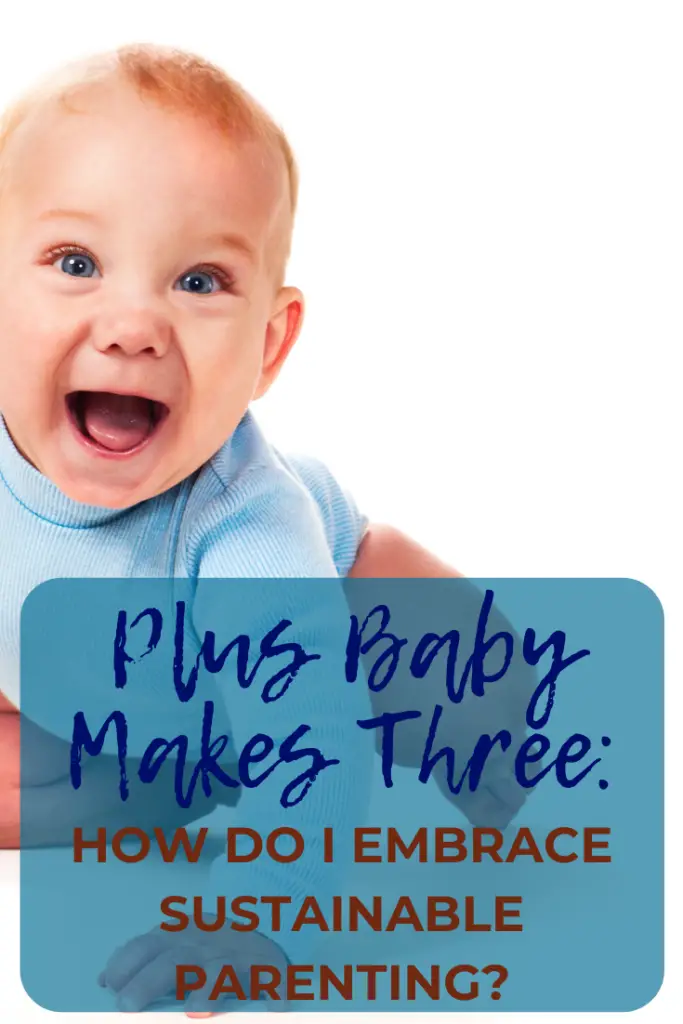
A few years after we got married my husband and I moved to rural Mozambique where we lived for three years working for the Anglican church on water and sanitation projects and community development.
Many of our friends and neighbours there were curious as to why we didn’t have children and I would sometimes say, “We want to wait until we’ve saved enough money”.
This didn’t go down very well and we were told over and over that the only things you need to have a baby are a capalana (a 2m x 1m cotton sheet), a blanket and an umbrella. The first covers most of a baby’s needs: clothing, nappies, somewhere to lay/sit, a means by which to be transported and a wipe for any mess. The blanket keeps the baby warm and the umbrella protects it from the sun.
For whatever reason this really stuck in my mind and when we returned to the UK and subsequently became pregnant with our son, I was reminded of it again. Motivated by a desire to reduce our impact on the environment and to consume ethically we set about trying to distinguish the necessities from the desirables and to challenge the huge lists of purchases we saw in magazines and online.
Here are some of our thoughts:
Don’t buy anything until you need it
Consumerism and the production of goods is one of the biggest ethical and environmental challenges of our time.
If you hold off buying things until you actually need them, you might miss a few bargains here and there, but I can almost guarantee that overall you’ll end up spending less, you’ll buy less overall and won’t end up with duplicates when generous friends and family buy you and your little one gifts.
For example: you might find you and your baby get on so well with breastfeeding that you never need to buy any bottles or sterilising equipment, or you might find that breastfeeding doesn’t work at all for you, so what’s the point in that breast-pump you forked out for.
We didn’t buy a pram and enjoyed carrying our son in a sling until he was about seven months old, by which point we could skip to an umbrella fold buggy costing about 10% of a ‘travel system’.
Also, question everything: it turns out there is absolutely no need to have anything but a newborn teat for a bottle – our son used those until he stopped using a bottle at about 18 months! And we treated ourselves to a new rucksack from ethical outdoors brand Patagonia instead of buying a ‘change bag’.
>>Need ideas for Zero-Waste Children’s Snacks? There are 20 right here!<<
Second hand is best
Clothing in particular is an ethical minefield. We’re hearing more and more about the dangers of fast fashion and the dubious credentials of high-street stores when it comes to workers’ conditions in clothes factories across the world.
A newborn baby grows fast and most items of clothes will only be worn a handful of times before they don’t fit any more. The second hand market for baby clothes is therefore full of items in very good condition.
If you don’t have a network around you to receive and pass on to then check out your local charity shops, Facebook Marketplace, Gumtree, etc. A good search term is ‘baby bundle’ if you’re looking for a whole set in a certain size.
Ditch the disposables
Our town in Mozambique had very poor waste management and as a result we saw first hand what a family’s rubbish looked like in a huge pile at the side of the road.
Just because we don’t see it here doesn’t change the fact that everything we put in our bins ends up in one huge pile on a landfill site and if it’s ‘recyclable’ there’s a high chance it’ll be shipped to a poorer country where workers are poorly paid to sort it and the majority is left unsorted, eventually contaminating the land and water around it .
Therefore, avoiding disposables was pretty high on our list of priorities – and there are a lot of them when you become a parent, from breast pads to maternity pads to wet wipes, and of course nappies, which sit around for 450 years before they bio-degrade.
Luckily there are effective (and frankly more attractive!) alternatives to all of these and they are usually money savers too.
Nappies are obviously the big switch and it can feel daunting but there are some very supportive Facebook groups out there ready to help you with every leak, stain and booster conundrum! The Nappy Lady offers free advice on what style might work best for you, but we found that picking up a well-priced second hand bundle worked well for us – we just made do with what we ended up with.
We bought two Cheeky Wipes sets – one for cleaning bums and another for hands and faces, once weaning started. Cheeky Wipes also sell a range of washable sanitary pads and breast pads.
When it comes to dedicating/baptising/welcoming/naming your baby there are now lots of party packs popping up all over the country that you can hire for a very small fee to save you having to buy disposable plates etc. Most come with a washing up service too so no more hassle either. (And if you live near Cambridge you could use my kit.)
>>Discover 50 Plastic-Free Party Bag Fillers<<
Search out ethical brands
There are some lovely brands and individuals out there making high quality ethical clothes for babies and children as well as washable wipes, nappies and sanitary products.
We’ve enjoyed using Babipur as they stock lots of different brands – but do also have a look for local people who might be making clothes at home. These are of course more expensive but they make great gift ideas for friends and family who might otherwise buy you something you don’t need.
I hope this has given you a few ideas as you embark on parenthood. Considering how to tread lightly on this earth can feel exhausting, but do be encouraged that if we all make just one or two small changes, this will have a huge impact on the world we’re leaving to our children.
For more ethical ideas, follow Joanne on Instagram, or for more stories of her time in Mozambique, take a look at her blog.
Read more in the ‘Plus Baby Makes Three’ mini-series:
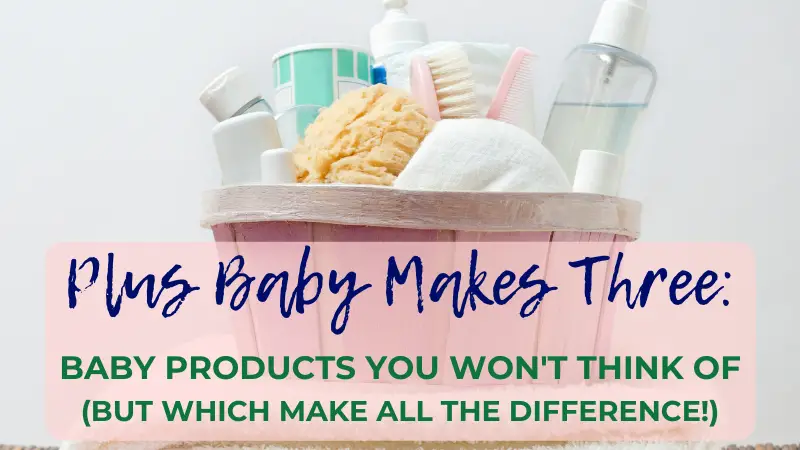
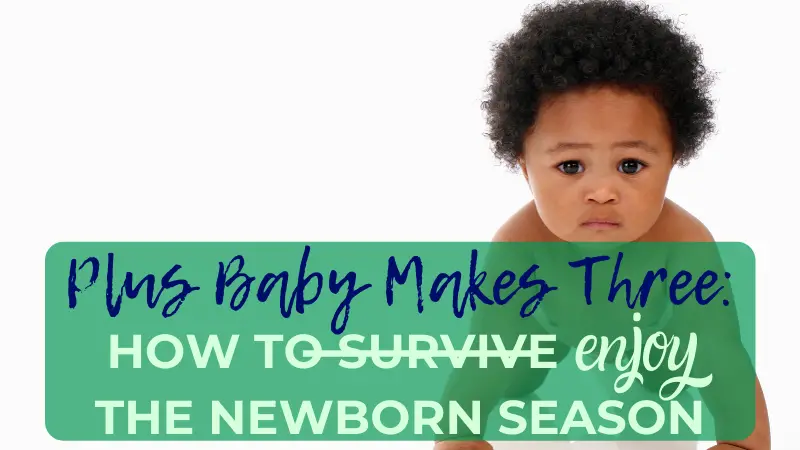
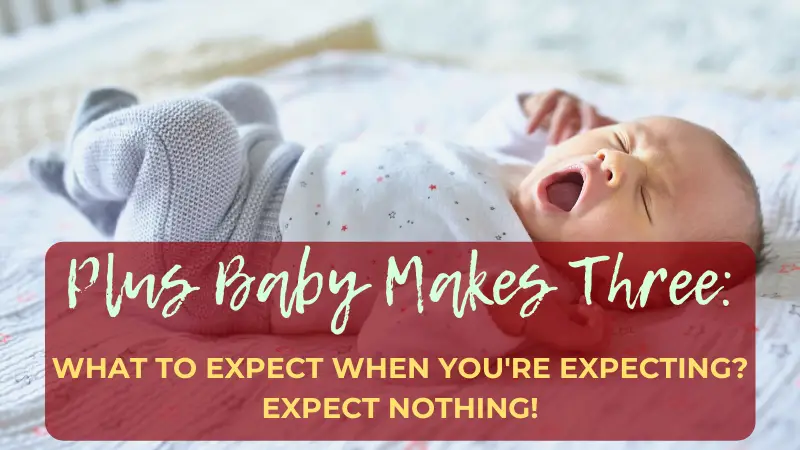
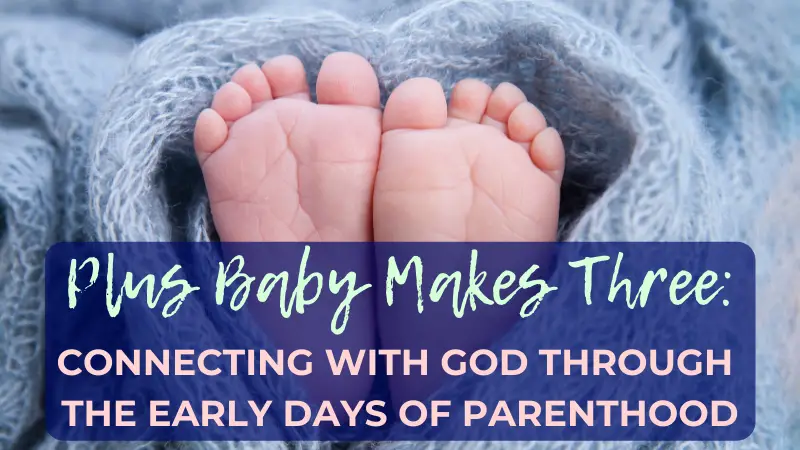
Excellent points. Worth noting there are sling libraries and nappy libraries all over the UK where you can at least try before you buy and get expert advice.